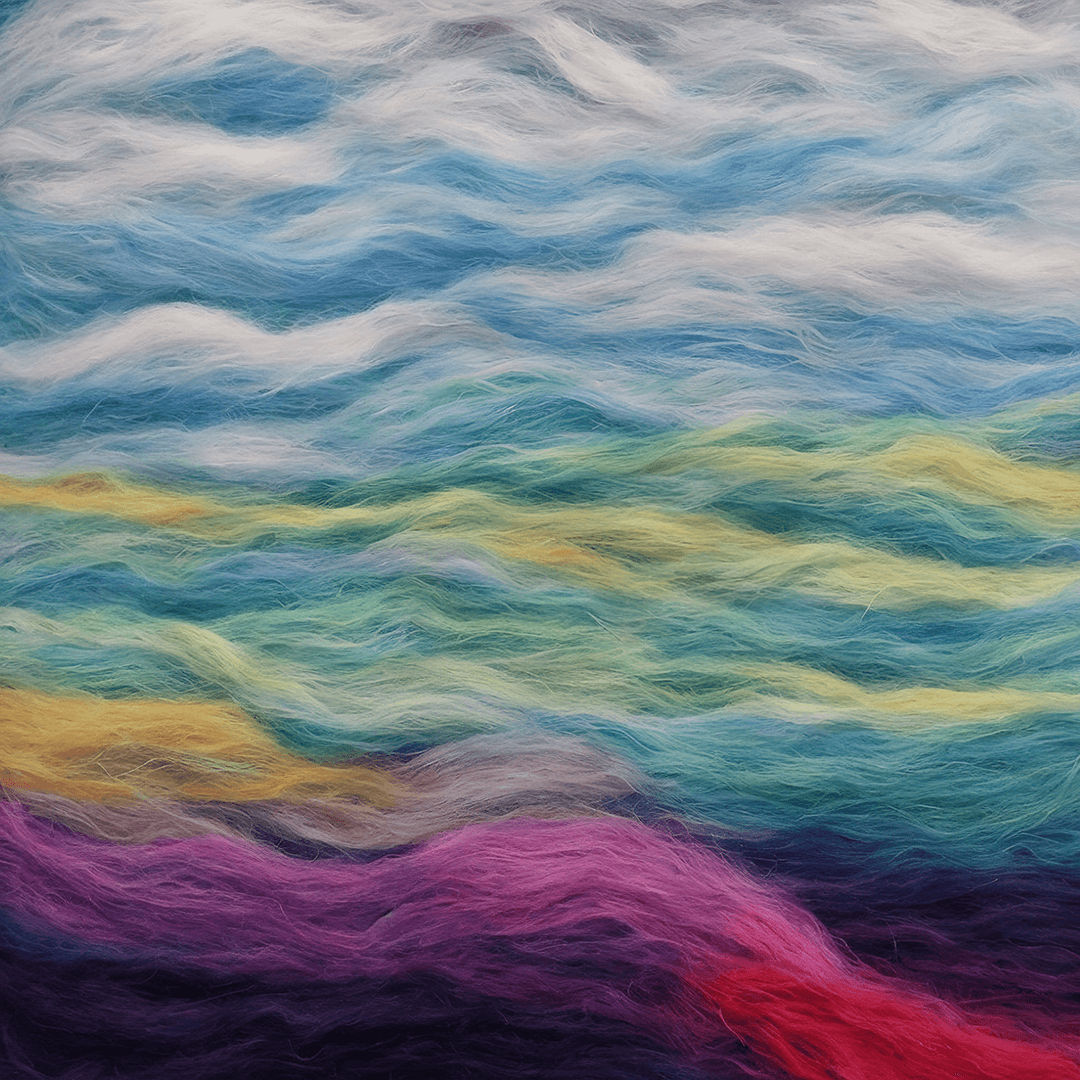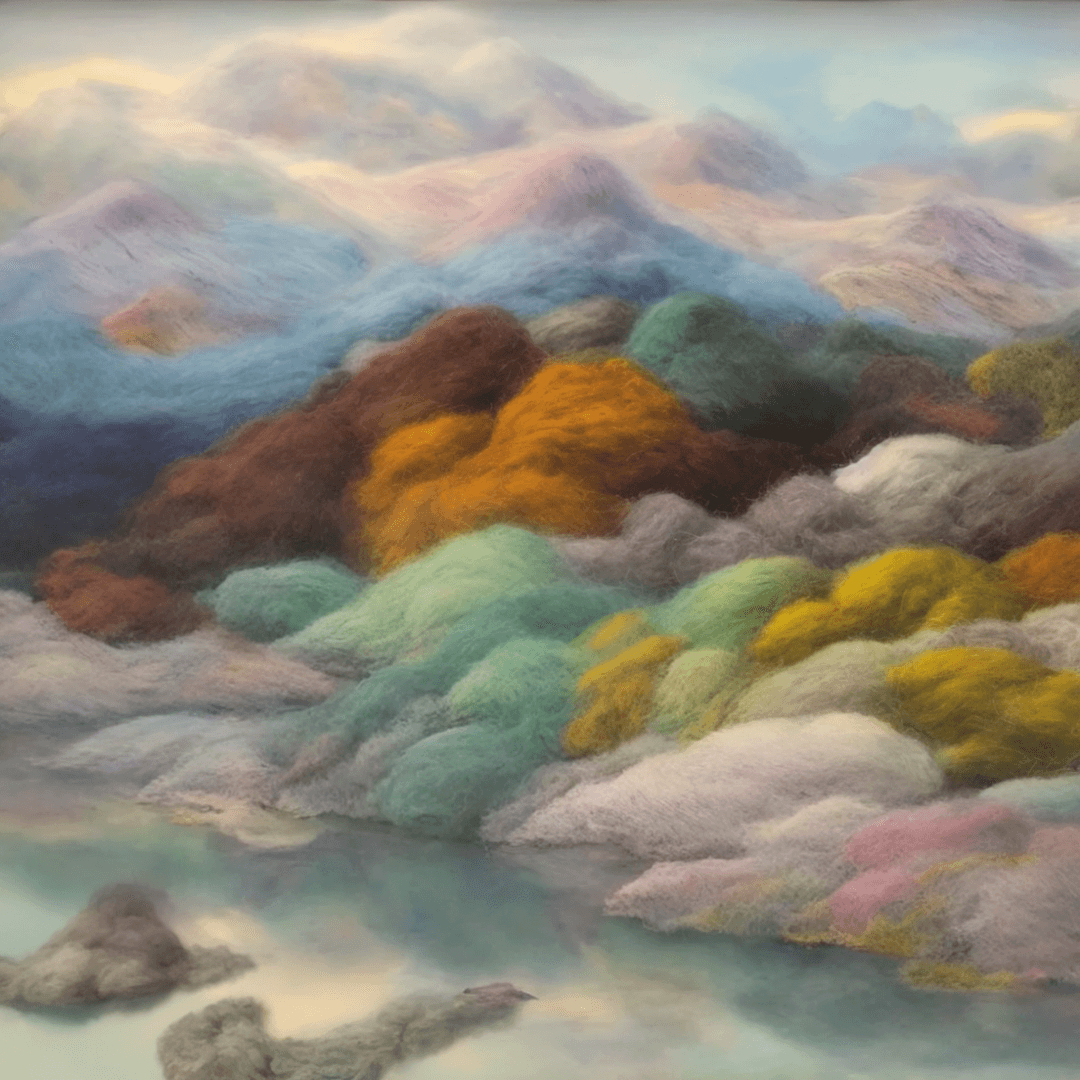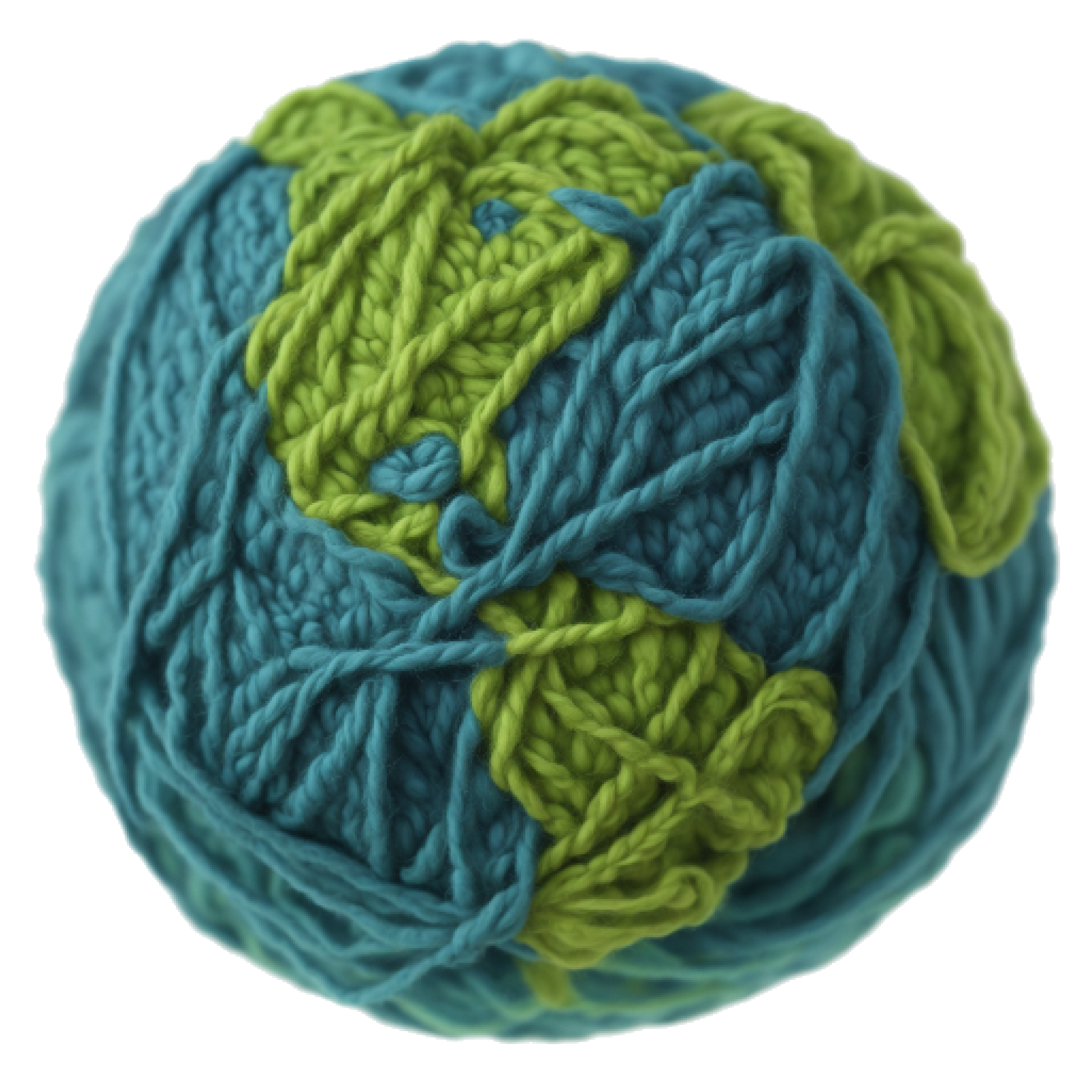As Kaplanlar Tekstil, we quickly meet the high quality Lambswool, Angora, Cashmere, Mohair, Alpaca, Cotton, Silk, Viscose and Nylon blended yarns needed by the industry's leading domestic and foreign weaving, knitwear and hosiery manufacturers, with the product program we offer to our customers. Our yarn production varies between 3-28 Nm, and multi-layer production can be made according to demand.

By minimizing carbon emissions and preferring natural fibers, we prevent the destruction caused by fossil fuels and their derivatives.

Textile is one of the sectors that consumes the most water and pollutes the environment. In order to prevent this, we prefer dyes and chemicals that comply with GOTS and OEKO-TEX standards and minimize energy and water consumption.

Due to its structure, wool is a stronger insulator than other fibers. In this way, heat is kept inside and energy consumption is reduced.

Natural fibers are very important for recycling and life cycle. We protect the soil and animals for the continuation of natural life.


STANDART 100 by OEKO TEX; All raw materials, dyestuffs and chemicals used are inspected. It is issued for products that are verified that none of their components contain harmful substances. It also controls the production stage and certifies production in accordance with environmental standards.
GOTS; is a system of standards covering the spinning, knitting, weaving and dyeing processes of textile products produced using Organic Wool and Organic Cotton. The system outlines regulations prohibiting genetically modified organisms, the use of harmful chemicals and child labor. In addition to these, it requires the organizations to be certified to provide ethical management in line with social criteria and to establish a waste water evaluation system.
GRS; It is an international system that determines the surveillance, social, environmental and chemical regulations for recycled products. Products bearing the logo of this certificate represent that they contain at least 20% recycled products. The meaning of the logo is not only limited to the fact that the product contains recycled products, but also guarantees that the products comply with social, environmental and chemical regulations and limits.
RWS; It is a voluntary global standard that addresses the welfare of sheep and pastures. RWS allows brands to make safe claims about their wool sourcing. This ensures that the applications in the farm process are verified. The RWS label guarantees better land management practices and respect for sheep welfare (breeding, mulesing, clipping, end of life). These studies are carried out by an international working group that goes through a standard, open and transparent process.
OCS 100; It is valid for products containing 95-100% organic fibre. It verifies the presence and amount of organic fibre in the final product and monitors the flow of raw materials from the source to the final product.
CS Blended; It is valid for products containing 5-100% organic fibre. It verifies the presence and amount of organic fibre in the final product. OCS also monitors the flow of raw materials from the source to the final product. Then this process is certified by an accredited third party.